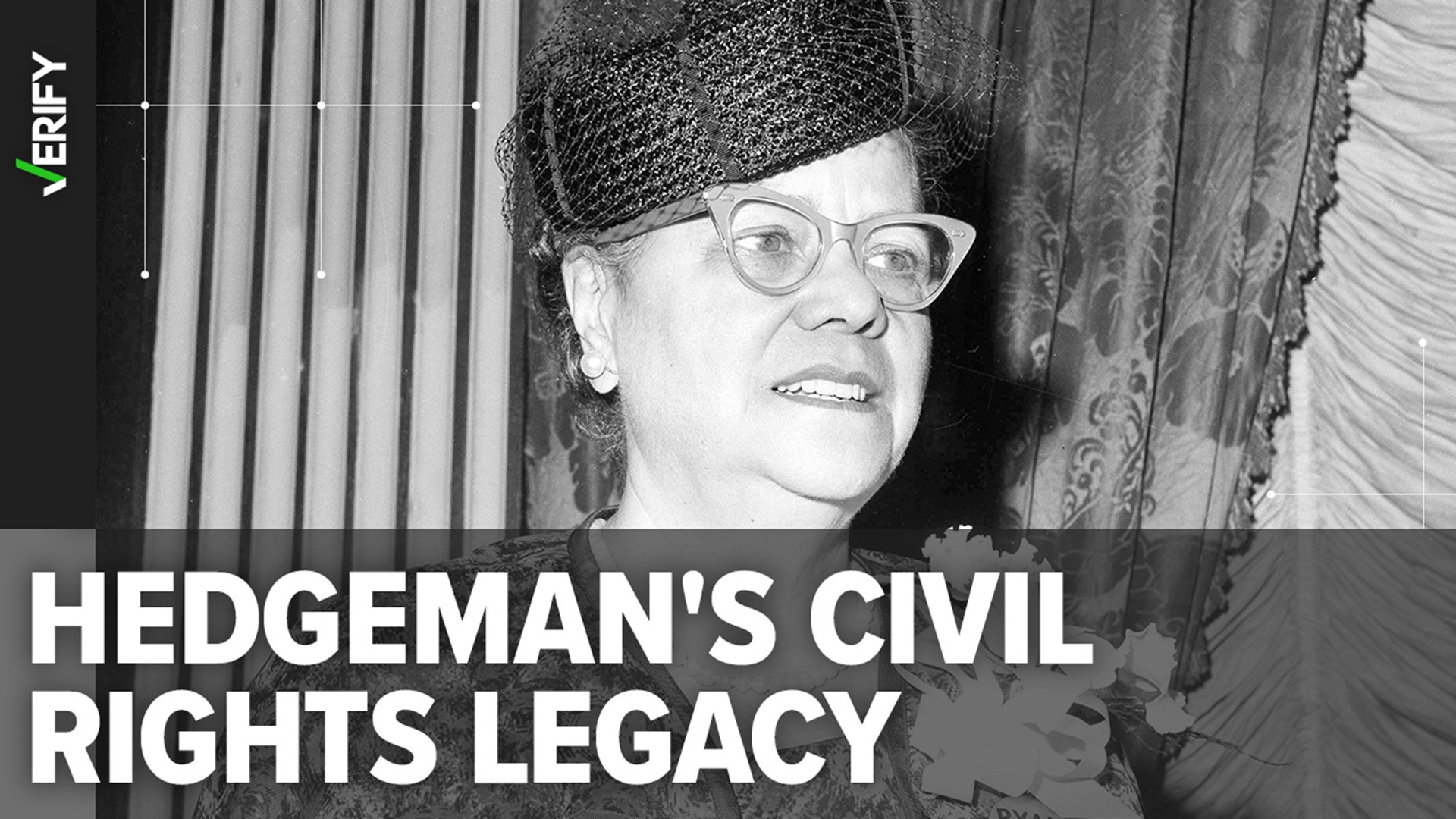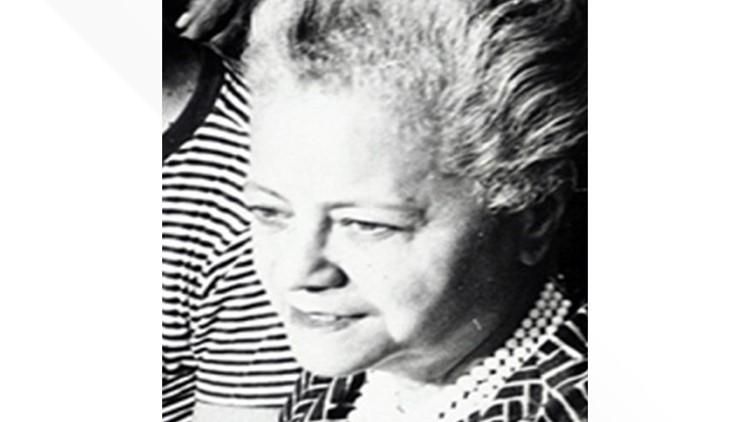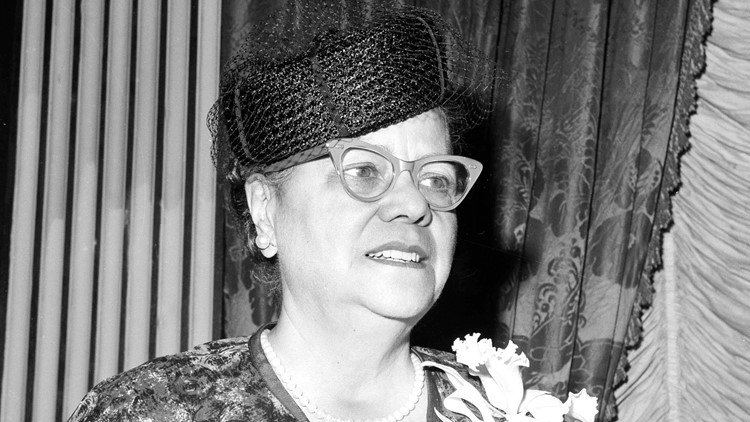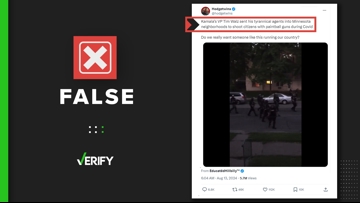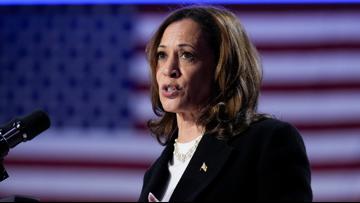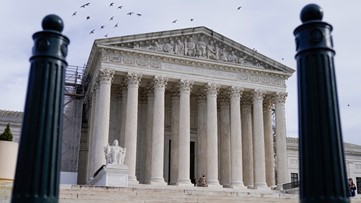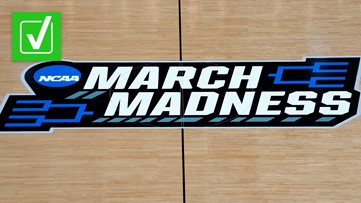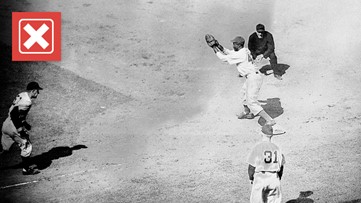March is Women’s History Month, a time to remember and highlight the role of women in American history.
Some people on social media have claimed over the years that activist Anna Arnold Hedgeman was one of a few women who helped to organize the historic March on Washington in 1963, but her contributions are not recognized. During the demonstration, civil rights activist Martin Luther King Jr. delivered his famous “I Have a Dream” speech.
During her time as a senator, current Vice President Kamala Harris shone a light on Hedgeman’s contributions in a 2019 tweet.
“Women have long been left out of the history books, but you should know Anna Arnold Hedgeman and Daisy Bates,” Harris wrote. “Anna played a key role in organizing the March on Washington and because of her, Daisy spoke at the march.”
THE QUESTION
Was activist Anna Arnold Hedgeman one of the primary organizers of the 1963 March on Washington?
THE SOURCES
- The National Women’s History Museum
- The Martin Luther King Jr. Research and Education Institute at Stanford University
- Hamline University
- Minnesota Encyclopedia, the Minnesota Historical Society’s encyclopedia project
- U.S. National Park Service
- National Women’s Hall of Fame
- Kaye Wise Whitehead, Ph.D., professor of communication and African and African American studies at Loyola University Maryland, and founder of the Karson Institute for Race, Peace and Social Justice
- Minnesota State Sen. Erin Maye Quade
- Jermaine Fowler, author and founder of The Humanity Archive
THE ANSWER
Yes, activist Anna Arnold Hedgeman was one of the primary organizers of the 1963 March on Washington.
WHAT WE FOUND
On Aug. 28, 1963, more than 250,000 demonstrators rallied at the nation’s capital during the March on Washington for Jobs and Freedom. They demanded an end to segregation, fair wages, voting rights, education and other civil rights protections.
The March on Washington is commonly credited to the work of the “Big Six.” This group of Black male leaders from civil rights organizations included Martin Luther King Jr., Student Nonviolent Coordinating Committee (SNCC) director and future U.S. representative John Lewis, and Negro American Labor Council (NALC) president A. Philip Randolph, among others.
But the many contributions made by women to the March on Washington are often overlooked. That includes civil rights activist Anna Arnold Hedgeman’s pivotal role in helping to organize the demonstration.
Hedgeman was born on July 5, 1899, in Marshalltown, Iowa. After she graduated from high school in 1918, she became the first African American person to attend Hamline University in Saint Paul, Minnesota. She graduated in 1922 with a bachelor’s degree in English, according to the National Women’s History Museum and Hamline University.
Though Hedgeman was instrumental in planning the March on Washington and advocating for women’s participation in the demonstration, her commitment to activism began long before 1963.
Hedgeman was a civil rights leader, politician, educator and writer, Kaye Wise Whitehead, Ph.D., a professor at Loyola University Maryland and founder of the Karson Institute for Race, Peace and Social Justice, said.
After years of work with the Young Women’s Christian Association (YWCA), Hedgeman was appointed executive director of the National Council for a Permanent Fair Employment Practices Committee (FEPC) in 1944. In that role, she led the fight against employment discrimination and lobbied for a permanent FEPC agency, civil rights attorney Tina Burnside wrote for the Minnesota Encyclopedia.
Hedgeman was later appointed to New York City Mayor Robert Wagner’s cabinet, the first Black woman to hold such a position in the city, according to Wise Whitehead.
“She was an advocate for people of color. She was an advocate for people who were economically challenged in New York,” Wise Whitehead said. “But she was also one of the organizers of the 1963 March on Washington. She is the behind-the-scenes voice that doesn’t get included.”
Photos: Civil rights activist Anna Arnold Hedgeman
When Randolph and King were planning separate civil rights marches in 1963, Hedgeman suggested that they combine their efforts and plan what would become the March on Washington for Jobs and Freedom, according to an article on the National Park Service’s website.
Hedgeman was the only woman included on the March on Washington’s planning committee, according to Burnside. She coordinated logistics, secured permits, organized transportation for demonstrators, and recruited 40,000 Protestants to join the march, experts say.
“Her efforts were instrumental in bringing together such a diverse group of people and making the march a truly historic event,” Jermaine Fowler, author and founder of The Humanity Archive, said. “Hedgeman was a woman ahead of her time, a true trailblazer in every sense of the word.”
Minnesota State. Sen Erin May Quade shared one of her favorite anecdotes about Hedgeman that she called a “perfect encapsulation of who she was.” The civil rights activist believed King should have said, “We have a dream,” in his famous speech at the March on Washington, rather than “I have a dream,” according to Quade.
But Hedgeman is not the only woman whose contributions to the March on Washington, and the civil rights movement as a whole, are minimized.
Civil rights activist Dr. Dorothy Height, who was a friend of Hedgeman, also organized the March on Washington alongside the “Big Six” and worked with the group on other civil rights projects.
In 1957, Height was appointed president of the National Council of Negro Women (NCNW), one of the largest organizations for Black women at that time, Wise Whitehead said. She led the NCNW for 40 years, according to the National Women’s History Museum.

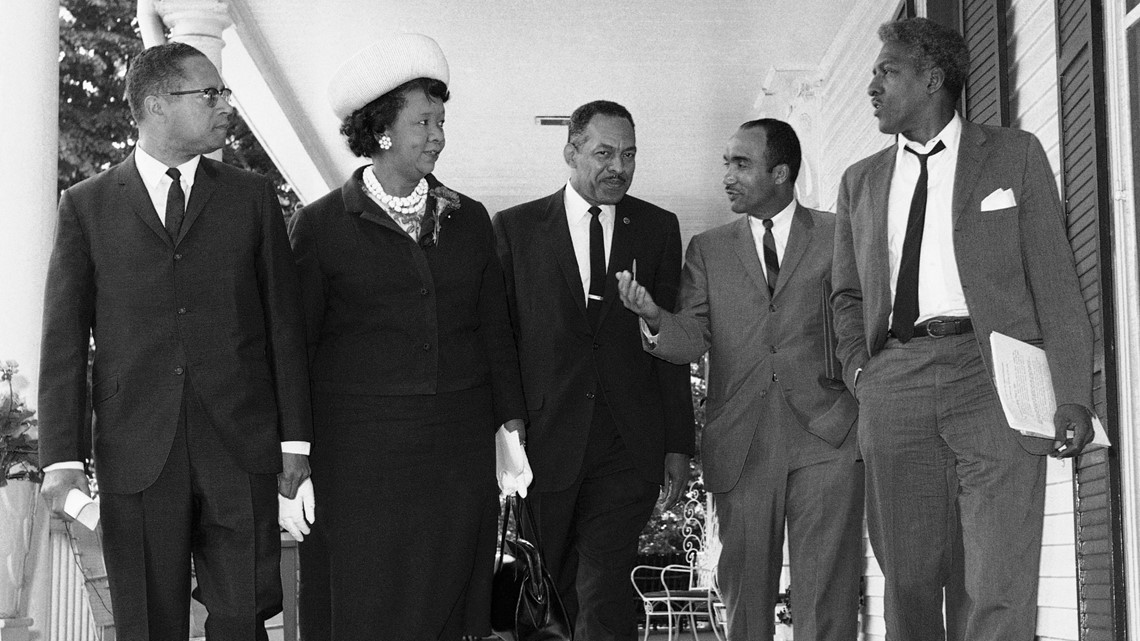
Both Height and Hedgeman advocated for women’s participation in the March on Washington, which ultimately led to civil rights activist Daisy Bates speaking during the event. But neither of the women were invited to speak during the march, despite their integral roles in organizing and planning the event.
Though both women have yet to become household names in discussions about the civil rights movement, they received many prestigious honors and awards.
Height received the Presidential Medal of Freedom, the Congressional Gold Medal, the Presidential Citizens Medal and the Jefferson Award for Public Service, according to the National Women’s Hall of Fame.

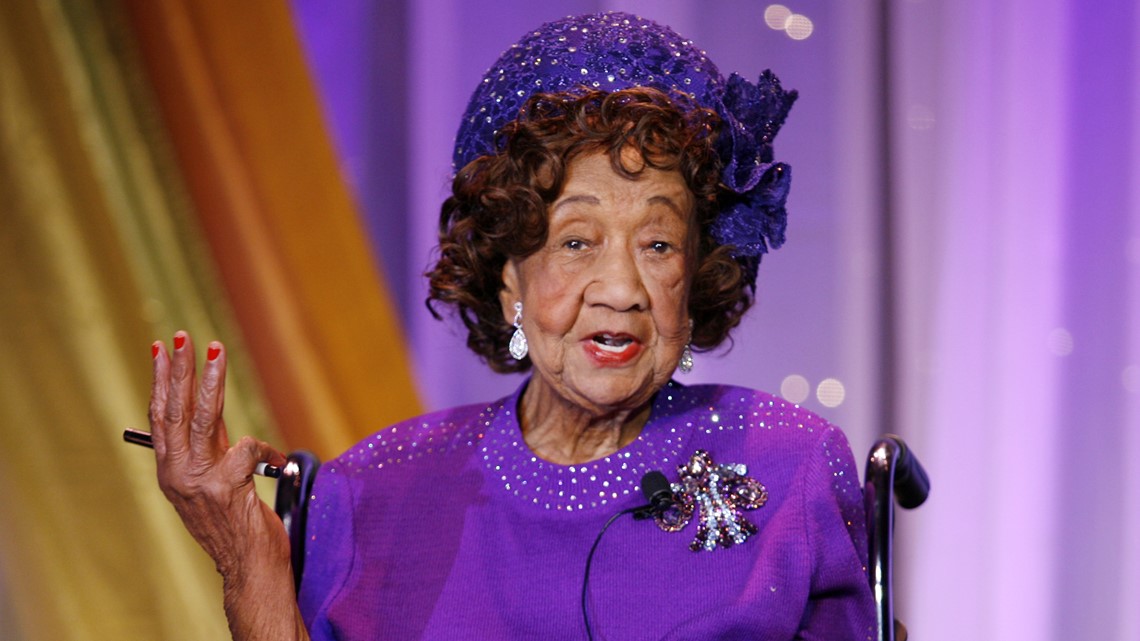
Hedgeman was honored with the Frederick Douglass Award from the New York Urban League and the National Human Relations Award from the State Fair Board of Texas, along with other awards from the Schomberg Collection of Negro Literature and the American Federation of Labor-Congress of Industrial Organizations.
She also received citations from the NAACP, the National Council of Negro Women and United Church Women, according to the National Park Service. In 1984, she received an honorary doctorate from her alma mater Hamline University.
Women like Hedgmen and Height were “often overlooked and disregarded during the civil rights movement,” Fowler said.
“It’s a sad reality that women’s contributions have been marginalized in so many historical movements,” he added.
But women like Wise Whitehead are working to change that by ensuring others’ legacies are no longer forgotten.
“I think we're all being pushed by the work of Alice Walker, who when she went and reclaimed the legacy of Zora Neale Hurston, said that we had to go and reclaim the voices of Black women – if necessary, bone by bone – and make sure they're added back into the cannon, make sure that they are not forgotten, make sure that they're amplified,” Wise Whitehead said.
